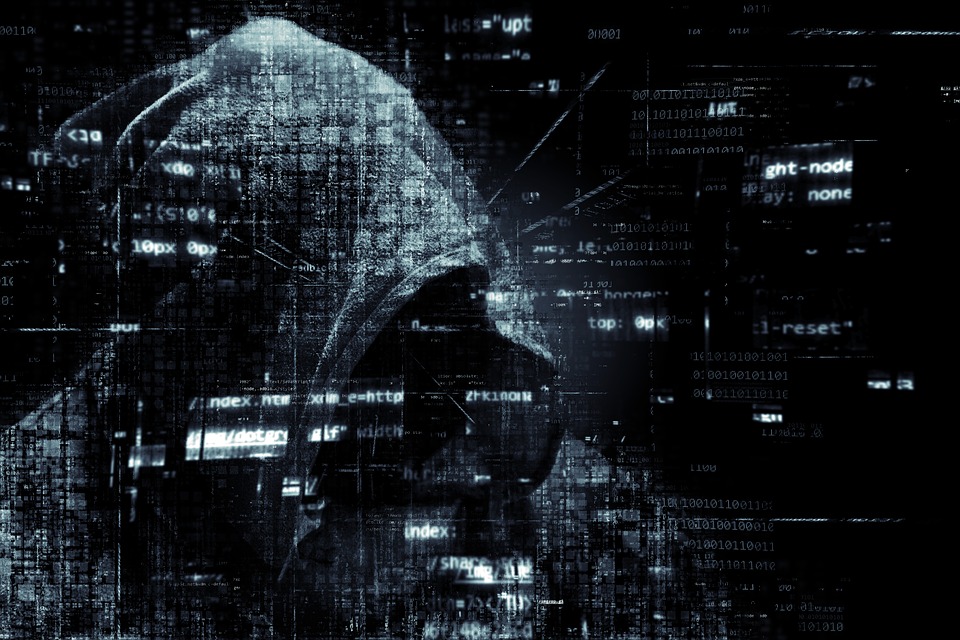
Editor’s Note: This article originally appeared in the Toronto Star.
The World Wide Web remains an unprecedented tool of democratization, a platform for freedom of expression and an empowering instrument to access information. But there is a growing dark side to it.
The ominous character of the web is increasingly coming to light as evidence of cyberwar and the incessant hacking and theft of information mounts. Web-based intrusions on democratic electoral processes and institutions may be one of the most serious breaches of web trust and security.
Although it remains a powerful tool for good and a boundless universe of information, the web has become a tool for surveillance, a means to control and falsify information, and a domain for disseminating various forms of extremism. Massive data aggregation by organizations such as Google is a major threat to our privacy. Our digital security and identity, our civil liberties and our freedom are at risk.
We are now seeing the sinister direction taken by Internet technology, a technology once hailed as the single greatest instrument for knowledge sharing and democratization ever conceived. It may still be that positive force, but increasingly it is being utilized as an instrument of political gamesmanship, intimidation, deception and crime.
Foreign governments access sensitive information and spread misinformation about rival nations via the web to gain strategic and/or economic advantage. Facebook recently revealed that tens of millions of Americans were targeted by “fake news” and other misleading information during last year’s U.S. election campaign. Such meddling may have altered the outcome of the vote.
Cyberwar is not a distant risk; it has already begun. And it will continue to grow, becoming an integral weapon for political and military warfare.
All organizations, including governments and international corporations, are vulnerable to web-based attacks. Former FBI director Robert Mueller summed up just how insecure and volatile the situation has become when he said: “[T]here are only two types of companies: those that have been hacked and those that will be. And even they are converging into one category: companies that have been hacked and will be hacked again.”
It appears that no one’s information — or rights — is safe in the Internet of Things.

And although we may have indisputable evidence that the web is riddled with security breaches, and while the hue and cry to do something about it is growing, it is important to understand that the misuse of the web is not easy to remedy.
Better technological solutions for safeguarding information may be developed, but we — the citizens of the world — must demand a new social contract with our governments to ensure that our right to democracy and freedom of speech is protected.
We must push for government oversight on how our data is being used, shared and stored so that we are protected from the negative impacts of the technology in our lives.
I think it is critical that the dominant Internet entities, such as Facebook, Twitter and Google, be held accountable for information integrity, privacy and accuracy.
Monopolistic control over data is a real threat. Policies and laws that put limits on massive control of data are needed, with the legal clout to penalize entities that control data disproportionately.
Policies need to ensure that citizens have control over their personal information. The so-called “right to be forgotten” is an example of a successful and implementable policy. In the European Union, citizens have the right, under certain conditions, to ask search engines to remove links to their personal information.
Most importantly, citizens must improve their digital literacy to safeguard their information and to detect fake news. We must learn how data is collected and stored, how it is misused, how breaches of security happen, and what best practices for information privacy and security look like. Most of all, we need to understand what our privacy rights are, and where to go for help when they are violated.
Consumer and public trust will soon become a powerful driving force for innovation, transparency and quality of service. Consumers should demand transparency for the emerging technology, and demand Internet services they can trust.
The web is at its best when we have the ability to browse it anonymously. That ability is being eroded, and it must be protected.
Rozita Dara is a professor in the School of Computer Science. Her research program spans several disciplines, including privacy, data mining and software engineering.